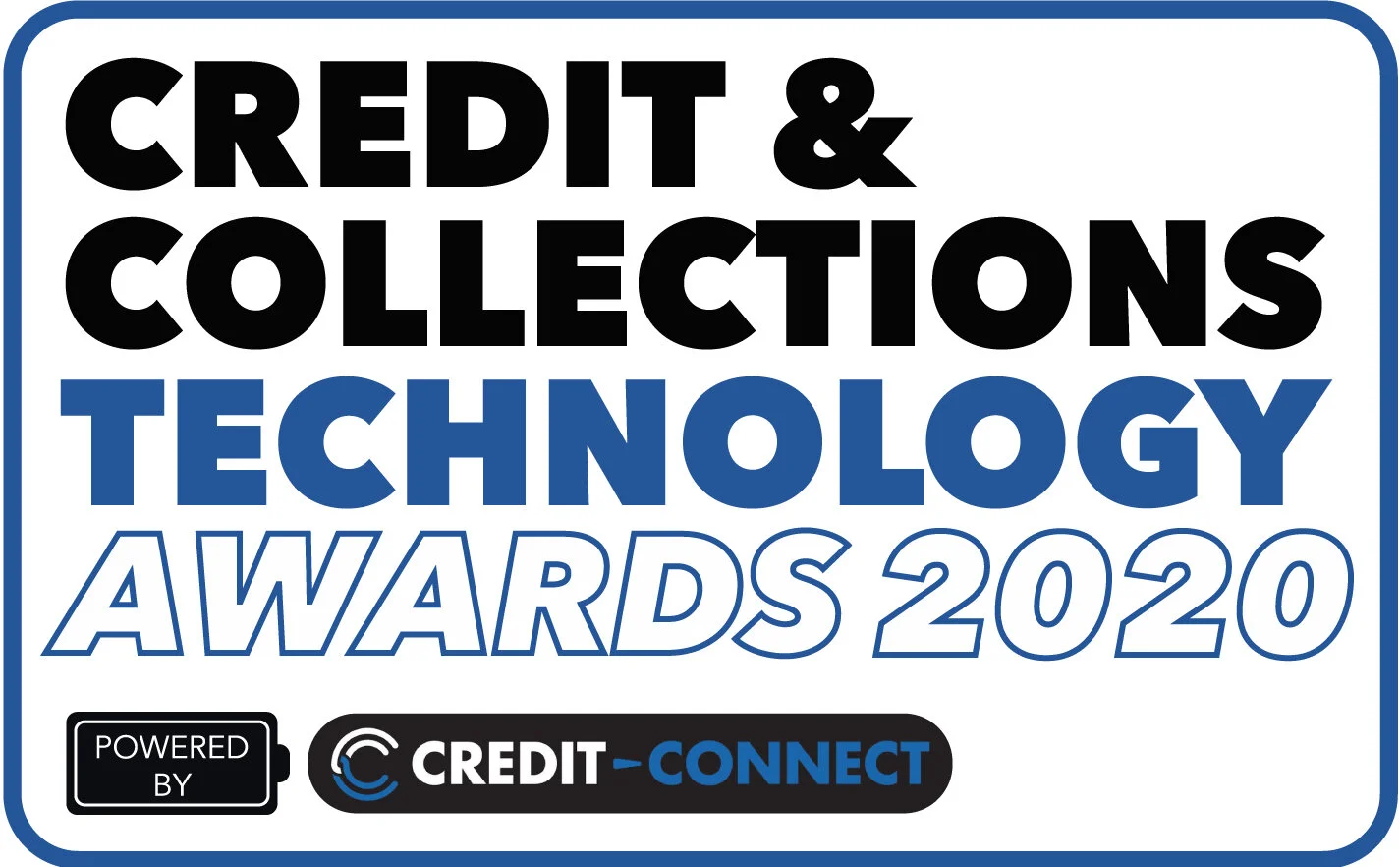Cloud-based parking enforcement systems have the ability to unite parking operations teams with their back-end databases and their officers on the street. It’s an impressively digital approach to parking enforcement brimming with many benefits. Here are our top five.
A Guide to AI and Machine Learning in Credit Control
In recent years AI (Artificial Intelligence) and Machine Learning have transformed countless digital processes, making business more efficient and having a direct impact on profit margins. But arguably their greatest impact can be felt in the world of credit control. Here we offer up a guide of how to harness the immense power of AI and Machine Learning to enact effective credit control processes.
5 Best Practice Credit Control Tips
All business owners know that good cash flow is vital to their success. The impact of late payments can be severe, sometimes resulting in insolvency. The process of Credit Control is about businesses only giving credit to customers who are able to pay. It also encompasses the enforcement process; making sure they pay on time. With a recent study illustrating that SMEs in the UK are owed £14.2 billion in late payments, our 5 best practice credit control tips are a must read:
Top 5 Matter Management Software Tips for 2021
Matter Management is defined as the means by which you manage the process of a legal matter and its entire matter information (type of case, the fee payer working on the case, documents, budgets, calendar and bills) are managed and tracked. In recent years matter management software, powered by Artificial Intelligence (AI), has provided automation, control, and efficiency to law firms. Gartner states that “Legal matter management can optimise, even transform, core legal operations, while providing a basis for other investments in legal technology.” But what are the top five matter management tips legal teams should be looking to 2021.
5 Expert Time Tracking Tips For Law Firms
Top Five Reasons to Use Electronic Court Bundling
Preparing succinct court bundles is arguably the number one administrative headache effecting solicitors today. What if instead you could collate, sort, auto-index and paginate thousands of legal documents in mere moments? Electronic court bundling is a powerful tool, and here we outline its top five benefits.
Five Best Practices for CRM Implementation
Customer relationship management software (or CRM) is one of the most in-demand pieces of software available. It helps organisations build their customer relationships, streamline processes so they can increase sales, and improve customer service. The result is an increase in profitability. Before implementing CRM into your business, however, it’s prudent to consider some tips and best practices when it comes to CRM implementation.
5 Top Tips For Pro-Active Debt Collection
As the full impact of the COVID-19 crisis unfolds before us, many sectors are facing unprecedented strain. A pro-active approach to debt collection is more important than ever for local authorities, government agencies and organisations of all sizes. Being pro-active is about creating or controlling a situation rather than just responding to it after it’s happened. So when it comes to taking a pro-active approach to debt collection, what are the top tips?
Automating Credit Control to Prevent Late Payments
According to recent research by Bacs Payment Schemes Limited, 47% of SMEs surveyed are paid late by their customers on a regular basis. And the average small business is owed £32,185 in late payments. This equates to debts of £26.3 billion across the UK. The research also revealed that this resulted in a third of SMEs struggling financially, with 29% using their own overdraft facilities in a bid to manage any cash flow shortages. To reduce debtor days and keep cash flow strong, diligent credit management is undoubtedly needed. So what tactics can be applied to prevent these late payments, and recoup cash flow shortages? It’s time to turn to the power of automation.
Top 5 Ways Artificial Intelligence Empowers Local Government
Artificial Intelligence (AI) is arguably the greatest tool at the disposal of local government as it aims to deliver strong public services during challenging times. If you can understand the technology and its benefits, local government processes can be revolutionised — transformed into proactive, low-friction, ethical projects. Nowhere is this more true than in the pursuit of debt recovery and debt collection — namely the management of council tax, business rates, housing rents, sundry income or parking fines. Here we explain the power of AI, and how its simple tools can optimise and personalise the process of local government.
Debt Recovery and Debt Collection in a World of Remote Working
The COVID-19 pandemic has ushered in a remote working evolution. Companies, local councils and government agencies have been forced to examine and implement “home working” for the safety of their staff. Interestingly, studies show that remote workers are more productive. According to Tech Republic, France has seen total productivity increase by 113% this year, Italy by 100%, and the Netherlands by 52%. Staff get more work done. They perform better, and take fewer sick days. Cloud-based debt collection and debt recovery software are the perfect tool to boost the performance of your remote teams during these challenging times.
Top 5 Reasons CRM is Beneficial For Small Businesses
Establishing strong personal relationships with customers should be a top priority for all businesses. And this is where a CRM (Client Relationship Manager) comes into play. CRM solutions provide owners of small enterprises with countless incredible benefits. Here we outline the top five.
1. Full Business Integration
A strong CRM solution works to integrate all facets of a business. Finance, sales, customer support and marketing and can work together on one platform. And this fully-integrated CRM can provide a complete, vital picture of how your business operates.
FINALIST in the 2020 Credit & Collection Technology Awards
LATERAL is thrilled announce that they’ve been selected as a FINALIST in the Digital Business Transformation category at the 2020 Credit & Collection Technology Awards. Ian McManus, Lateral Co-founder and CTO, spoke positively of the recognition recently: “we’re delighted to be a finalist in this covered category. It’s a testament to our innovative approach, and how we’ve harnessed AI and machine learning models to thrive in the competitive credit and collections marketplace”. Ian appreciates the value of the Credit & Collection Technology Awards, “their focus on celebrating technology at a time when all businesses face extra pressure and scrutiny is so commendable and appreciated” he continued. “Being a finalist for such a great award allows us to distinguishes Lateral from other competitors and ensures prospective clients know how innovative and powerful our software tools are. We’re excited!”.
What is Matter Management? An Introduction
Matter management refers to the activities relating to managing legal work. It encompasses many sub practices within it, including contract management and document management. Matter management is the process by which a legal firm gathers data, tracks and assigns its work. And this includes all legal services including budgeting and invoicing. A “matter” is defined broadly. It can be a simple legal task, or a more broad, complex legal project. The purpose of matter management is to provide a more organised, collaborative, interconnected administrative and logistical basis from which a legal firm can function.
Combining Text and Email Communications With a Single Customer View of Debt
In the United Kingdom there is an estimated £5.2 billion of debt remaining uncollected by local authorities. Of course because of the impact of the COVID-19 pandemic, this figure is likely to rise. A ‘single customer view’ of debtors is a powerful way for government agencies and local authorities to collect debt in a fair, productive and efficient manner. And when combined with innovative omnichannel text and email communications, the collections process is expedited and streamlined for all parties.
Five Ways AI is Transforming Rent Recovery
Leveraging the power of Artificial Intelligence (AI) in rent recovery operations is the most intelligent, cost-effective and productive process available. AI can act as a vital bridge between organisations and debtors. Here we outline the top five ways that AI is transforming the rent recovery process for landlords, local authorities and government agencies.
Five Top Tips For Successful CRM Implementation
Did you know that almost 75% of all CRM projects fail? The reason for this high failure rate is most often down to poor user adoption. So here we outline some top tips to ensure the CRM you invest in is implemented successfully.
The truth is a solid Customer Relationship Manager (CRM) has never been more important. The ideal CRM should improve productivity, whilst also creating a stronger relationships with customers. When implemented correctly it can be an incredibly powerful asset.
Single Customer View of Debt: An Introduction
What is Single Customer View?
A single customer view refers to the process of bringing together all the associated data that you have about one customer, and consolidating into a single record. When it is used to refer to debt recovery or debt collection it can also be called a ‘Single View of Debt’, a ‘360 Degree View’, or a ‘Unified View’. For government agencies, local councils or businesses who face the logistical challenges of complex data sets, multiple databases, and large amounts of outstanding debt, the process of consolidating and organising a customer’s whole debt portfolio can be incredibly useful.
The Top Five Ways Debt Collection Uses AI and Machine Learning
Taking a digital approach to debt collection is becoming more mainstream across the world. By harnessing the powers of software which is powered by Artificial Intelligence (AI) and Machine Learning (ML), the overall debt collections performance can be improved, and creditors and customers alike reap rewards. Here we outline the top five ways debt collection uses AI and machine learning.



















